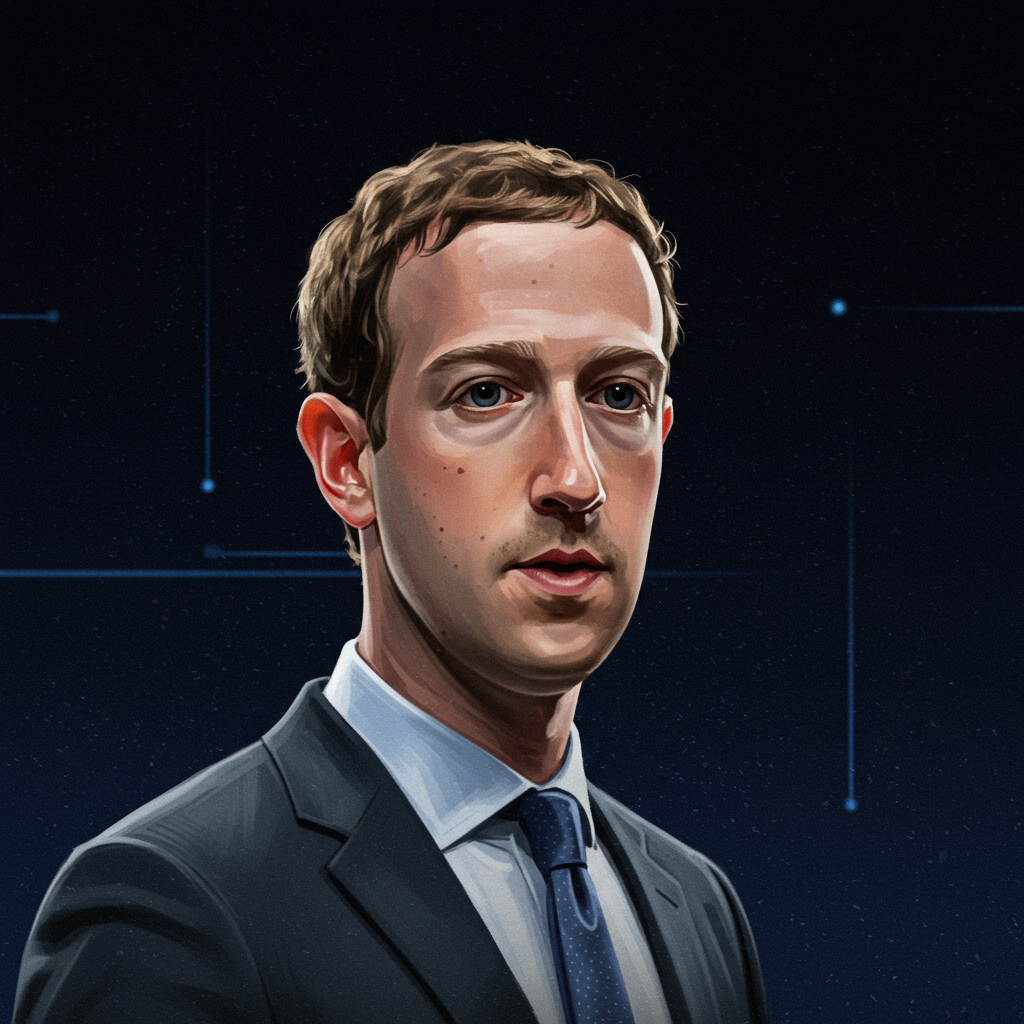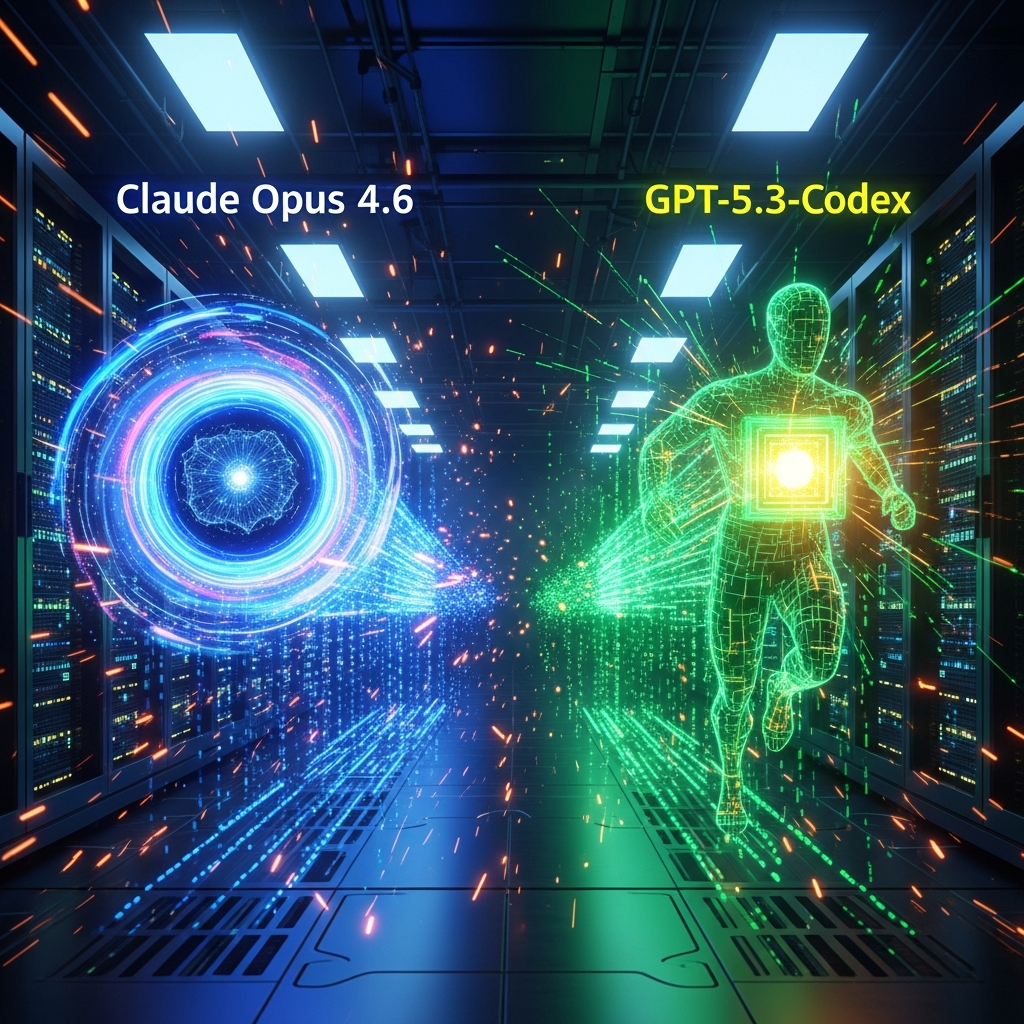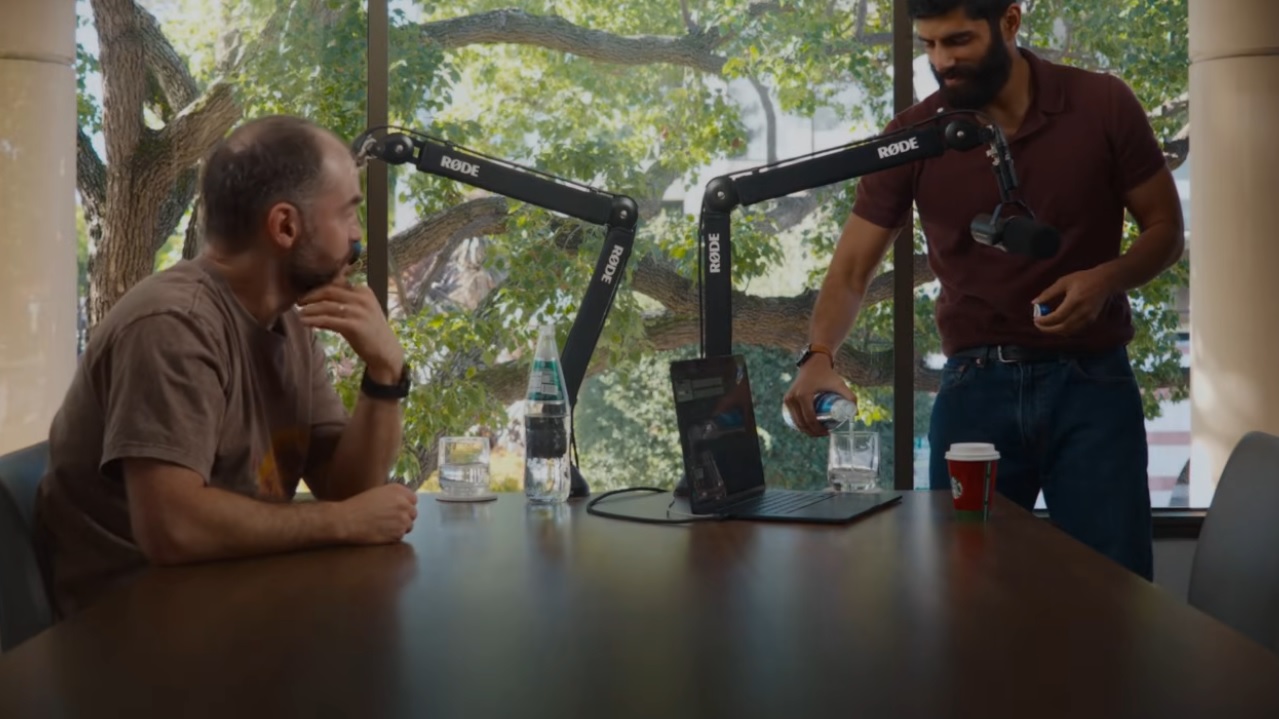The fierce battle for top artificial intelligence talent in Silicon Valley has escalated dramatically. Reports indicate that Meta, led by CEO Mark Zuckerberg, is aggressively recruiting researchers from openai with unprecedented financial offers. This strategic poaching has elicited a visceral reaction from OpenAI’s leadership, who describe the situation with emotionally charged language, feeling their “home” has been “broken into.” Internal communications reveal OpenAI is now urgently recalibrating compensation and strategy to retain its key personnel amidst this intense rivalry.
The Escalating AI Talent War
Competition for elite AI researchers has reached a fever pitch. Companies are vying for the brightest minds capable of driving breakthroughs in artificial general intelligence (AGI) and advanced machine learning. Meta has emerged as a particularly aggressive player in this high-stakes game. Their strategy includes targeting researchers at leading labs like OpenAI and Google. While Anthropic is another major AI rival, sources suggest its culture may be less aligned with meta’s recruitment goals.
Meta’s Aggressive Recruitment Tactics
Meta’s approach involves significant financial incentives, reportedly reaching astonishing figures. OpenAI CEO Sam Altman publicly mentioned offers possibly including $100 million signing bonuses on a podcast. While Meta executives have reportedly disputed the specific $100 million bonus figure internally, multiple sources at OpenAI confirmed the scale of offers is immense, involving complex compensation packages. Sources close to Meta’s efforts acknowledge they are significantly ramping up recruiting, emphasizing that for top talent, “the sky is the limit” regarding pay. Mark Zuckerberg himself has been personally involved, reaching out directly to potential recruits. This push has already resulted in Meta successfully hiring several senior researchers from OpenAI, including experts who worked on critical projects like GPT-4.1 and multimodal systems. These departures represent a substantial transfer of expertise to a direct competitor.
OpenAI’s Internal Response: A “Home Invasion”
The departures have sent shockwaves through OpenAI. Internally, leadership has expressed deep concern and a strong emotional response. They view Meta’s targeted recruitment not merely as standard industry competition but as a direct attack.
Mark Chen’s Memo and Emotional Reaction
OpenAI’s Chief Research Officer, Mark Chen, articulated this sentiment in a forceful internal memo to staff. Obtained by WIRED, the memo revealed his profound reaction. Chen wrote, “I feel a visceral feeling right now, as if someone has broken into our home and stolen something.” This vivid language underscores the sense of violation felt by OpenAI leadership regarding the loss of valued team members and the implied threat to their organizational integrity and research progress. He assured staff that leadership was not passive in this situation.
OpenAI’s Counter-Measures
In response, OpenAI leadership, including Chen and CEO Sam Altman, are working intensely to counter Meta’s offers. Chen confirmed they are “around the clock” engaging with employees who have received approaches. OpenAI is implementing several measures to retain talent:
Being “more proactive than ever before” in outreach and support.
“Recalibrating comp” – indicating significant adjustments to internal pay structures are underway.
- Scoping out “creative ways to recognize and reward top talent” beyond just salary.
- www.wired.com
- techcrunch.com
- the-decoder.com
- www.webpronews.com
- www.storyboard18.com
Despite the urgency, Chen also stressed a commitment to internal fairness. He noted he has “high personal standards of fairness” and would fight to keep staff but “won’t do so at the price of fairness to others.” Other research leaders echoed support, encouraging staff to discuss offers with them and resist pressure from aggressive, time-sensitive proposals Meta might issue. They specifically warned that Meta might exploit OpenAI’s upcoming company-wide recharge week.
Broader Strategic Implications: AGI vs. Short-Term Competition
The talent war also highlights underlying strategic tensions within OpenAI. While retaining talent is crucial, leadership is trying to keep focus on the company’s core mission. Chen cautioned against getting too absorbed in constant product launches and short-term comparisons with competitors.
The “Main Quest” vs. The “Side Quest”
Chen framed the competition with Meta as a diversion from OpenAI’s primary objective. He emphasized the need to remain focused on the “real prize” – achieving artificial general intelligence (AGI). Finding ways to “compute into intelligence,” particularly as more supercomputers become available later in the year, is the “main quest.” Skirmishes over talent, while challenging, are merely a “side quest” in comparison. This perspective aligns with reported shifts away from a previous emphasis on frequent, buzzy announcements towards focusing on foundational AGI progress. It also touches upon the internal debate regarding the balance between commercialization needed for funding and the foundational AGI research mission.
Navigating Workload and Recharge Week
The intense recruitment drive is occurring amidst significant internal pressure at OpenAI. Reports indicate some staff have been working demanding 80-hour weeks. A planned company-wide week off is intended to help employees recharge. However, OpenAI executives expressed concern that Meta might try to capitalize on this downtime, pressuring employees with tight deadlines to make decisions while they are off. Leadership is making themselves available during the break to support staff receiving such offers.
The Stakes and Future Outlook
The talent war between OpenAI and Meta is more than just a hiring spree; it reflects the escalating competition for AI supremacy. Meta’s willingness to offer astronomical sums underscores the perceived value of top AI researchers. This trend is driving up compensation levels across Silicon Valley to unprecedented heights.
The High Cost of AI Supremacy
For OpenAI, this poses a dual challenge: continuing rapid innovation while simultaneously allocating significant resources to retention efforts. Recalibrating pay is necessary but strains financial resources needed for ambitious research projects. Culturally, the “home invasion” sentiment reveals a shift in the AI community. What was once more collaborative is becoming a zero-sum game driven by intense, costly competition. Industry observers question the long-term sustainability of such aggressive tactics. The outcome of this talent battle could significantly shape the future direction and pace of AI development globally.
Frequently Asked Questions
Why is OpenAI calling Meta’s hiring efforts a ‘home invasion’?
OpenAI Chief Research Officer Mark Chen used the phrase “as if someone has broken into our home and stolen something” in an internal memo. This strong language reflects the deep sense of violation and disruption felt by OpenAI leadership. They view Meta’s aggressive, targeted recruitment of their top researchers not just as standard competition, but as an attack aiming to undermine their team and steal valuable expertise vital to their mission.
What kind of offers is Meta reportedly making to OpenAI researchers?
While Meta executives dispute specific nine-figure cash bonuses, reports indicate Meta is making exceptionally high, multi-million dollar offers to key OpenAI personnel. These deals reportedly involve complex compensation packages. OpenAI CEO Sam Altman mentioned potential $100 million signing bonuses, a figure corroborated by multiple OpenAI sources, highlighting the extraordinary financial lengths Meta is willing to go to lure top AI talent.
How does this talent war affect OpenAI’s focus on AGI?
OpenAI Chief Research Officer Mark Chen views the talent competition with Meta as a “side quest” compared to their core mission of achieving artificial general intelligence (AGI). He emphasized the need to stay focused on the “main quest” of advancing AI capabilities. While retaining top talent is crucial for AGI development, the need to counter aggressive recruitment pressures risks diverting focus and resources from the foundational research necessary for achieving true AGI.




